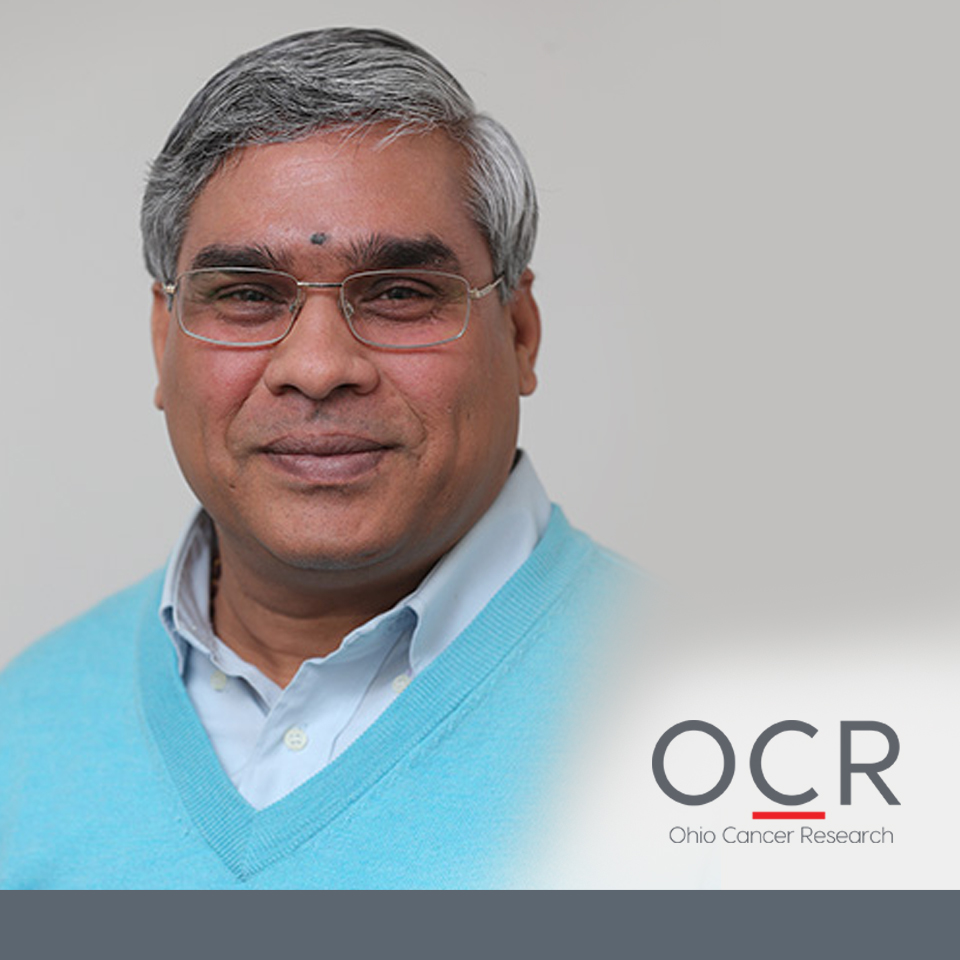
Prior to becoming Assistant Professor and Co-Director of the Cancer Biology Track at University of Toledo, Raman worked in the breast cancer area at Vanderbilt University Medical Center. Personally, he has lost his father to lung cancer and mother to bladder cancer. With all the personal motivation and funding from Ohio Cancer Research, his lab is poised to discover new modalities for targeted therapy of breast cancer. The grant money goes a long way that furthers their efforts to compete at a national level and bring Ohio to the forefront.
Breast cancer frequently spreads (metastasizes) to distant sites, where it can disrupt normal biological function. Metastasis in breast cancer has a very high mortality than the primary breast cancer itself. Most patients who die or experience serious pain or difficulty in breathing if lungs are involved or pathological bone fracture and loss of quality of life due to breast cancer do so because of these distant metastases. In breast cancer patients, the primary tumor has less of an impact, since the localized tumor is normally removed by lumpectomy or mastectomy. Unfortunately, once tumors have metastasized they are often difficult to treat and also resistant to currently available therapies, and therefore are very challenging and often results in mortality. Additionally, the available treatments often have serious side-effects and cause significant reductions in patient quality of life even if they improve survival. Therefore, drugs with fewer side-effects and better ability to specifically and potently attack the metastatic tumor cells are needed for breast cancer patients.
In order to develop such new drugs, we need to first investigate the novel molecules that might be involved in the intricate processes of metastasis especially in the triple-negative breast cancer that accounts for more deaths. My research is centered on cancer cell biology and mainly focuses on cell signaling, migration, local invasion and metastasis mediated by chemokine receptors CXCR2 and CXCR4 in breast cancer. We are studying key molecules like CXCR4, LASP1, and Argonaute2 that are involved in metastasis. We are very fortunate to be supported by Ohio Cancer Research Associates for 2 years. In the near future, we will screen for compounds from small molecule chemical library to inhibit the breast cancer metastasis. Our molecules will soon become a viable therapeutic target and form the basis for novel pharmaceuticals that will prevent the spread of the breast cancer to the lungs, bone and brain.
Congratulations to Mr. Raman and we’re looking forward to your project achieving tremendous success!







